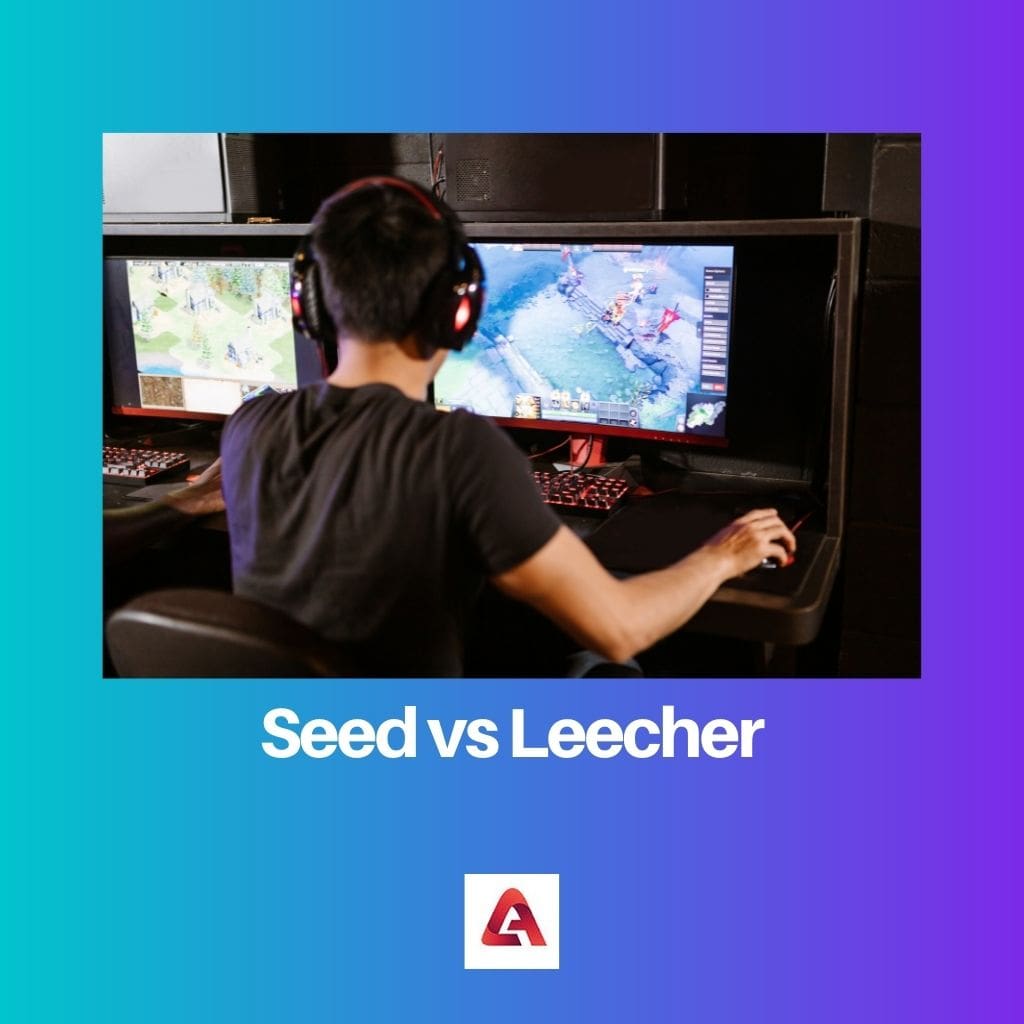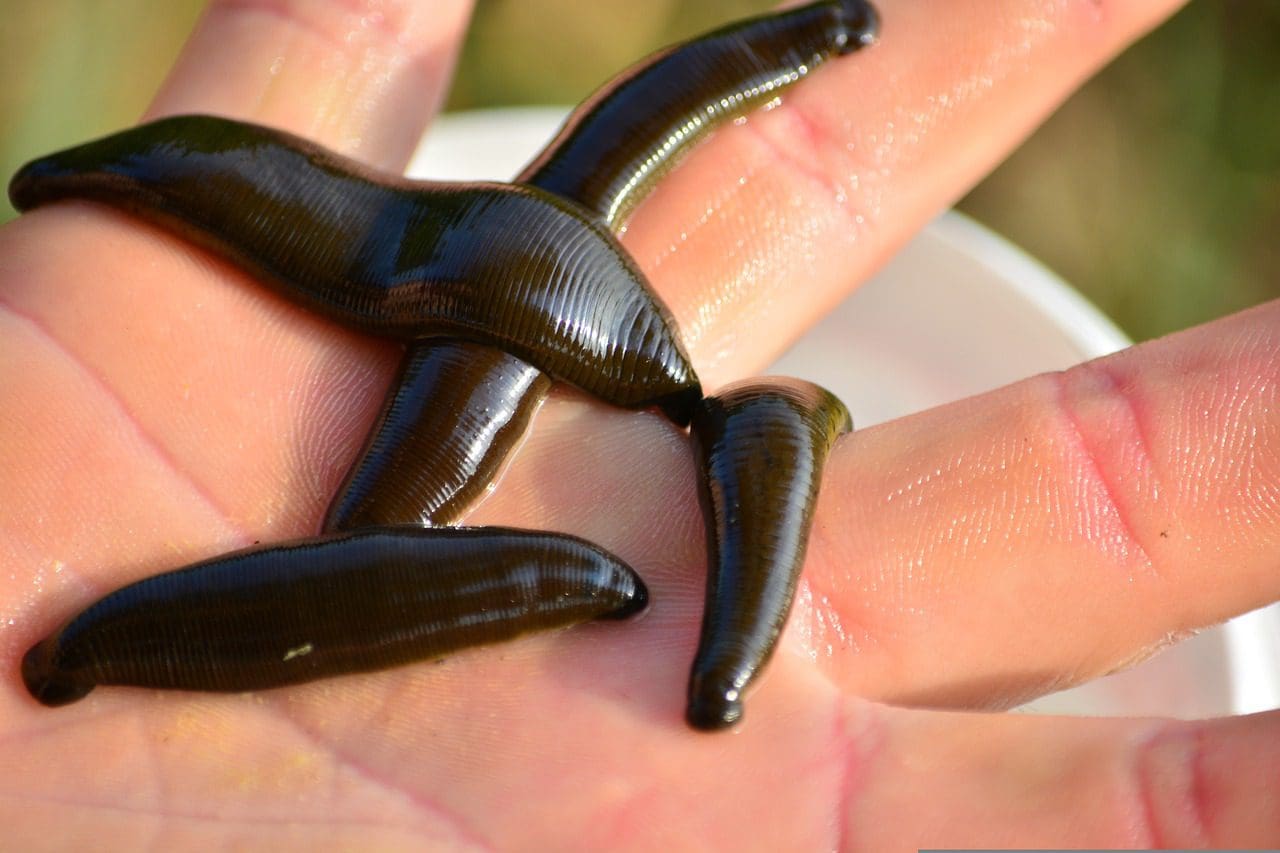Download speeds and downloading data is always dependent on the individual who is handling the file or the computer system through which the file is being handled. Different file types have different sites or networks for handling them.
The files with large data size are handled by torrents. The word ‘torrent’ must be familiar to all those who have tried to or do download large data files like movies or matches. Along with torrent, comes the words Seeds and leechers.
Key Takeaways
- Seed and leecher are terms used in peer-to-peer file sharing to describe users’ status regarding a particular file.
- A seed is a user with a complete copy of the file and uploads it to other users; a leecher is a user downloading the file from other users but still needs to share parts of the file.
- Seeds help maintain a healthy file-sharing ecosystem by providing the initial copy of the file and helping to distribute it to other users; leechers can negatively impact the system by downloading files without contributing to the network’s upload capacity.
Seed vs Leecher
Seeds are essential for P2P networks to ensure files can be downloaded by multiple users without relying on a centralized server. A leecher is a user who is downloading a file from the network, they may limit their upload speed or avoid sharing files altogether, which can slow down the overall download speeds.

Seeds are from the word ‘seed’. Seeds have the downloaded file and leave the link for the files to be downloaded from. Seeds increases download speed but can cause a decrease in upload speed. A single torrent file can have multiple seeds.
Leechers are from the word ‘leech’ that are creatures who feed off others. True to the words, leechers are the ones who download the file from the links given by the seeds or seeders. Once a leecher has completed the download, they become seeds as they do not affect the bandwidth anymore.
Comparison Table
| Parameters of Comparison | Seed | Leecher |
|---|---|---|
| Meaning | They download and leave the torrent link | They download but do not leave any link |
| Downloading | Already has the entire file downloaded | Download from the links given by the Seeds. |
| Speed | Increases download speed | Lowers download speed |
| Impact | More Seeds means more download speed | More leechers have a negative impact on torrent file speed. |
| Correlation | Seeds have the complete file downloaded | Once leechers have completed download and have left the link for others to download they become Seeds. |
What is Seed?
Seeds are the clients in the form of computer systems or people who give links for downloading the files that they have already downloaded. This means that they give links from which others can download their files. The computer or people themselves are called seeders
Seeds increase the download and upload speed of files. One file can have more than one seeders. So, the more the number of seeders is the greater is the downloading speed for the ones using the link for downloading.
Seeding is a peer-to-peer file sharing practice and is also referred to as P2P for convenience. To become a seeder one must have all the data, be it big or small, available in their system in downloaded files. If more peers are sharing the same content, they are called a swarm.
A seed is encouraged in practice whereas leeching is not. Though P2P is legal and is done over a large network, there is no one overlooking the process. Since seeding is a part of this process, there can also be chances of illegal files being transferred. This can lead to legal issues.

What is Leecher?
In computing, leeching means feeding off others or the ones who benefit from others work and do not return anything. They are the ones who use uploaded links for downloading the torrent files.
Some leechers leave the link open for others to download once they are done while others don’t for reasons one may never know. The ones who leave the link after downloading become seeders./
The ratio between leechers to seeders s told be kept 1:1 because this would maintain the download and upload speed of the files. More leechers would lead to lower downloading speed as the uploading speed increases.
Some leechers take down the torrent link or change the link in such a way that uploading of files is not possible. These types of practices are not encouraged and people have been searching for ways to prevent this from happening.

Main Differences Between Seed and Leecher
- Seeds are the person or the computer that has downloaded the file and has still left the torrent link for others to download from it. Whereas leechers download the entire file, some may leave the link while others don’t.
- Seeds already have the downloaded file whereas leechers download the files from the links given by the Seeds.
- Seeds increase the download speed but leechers decrease the download speed.
- They have different impacts on the torrent files as well. If the number of Seeds increases for a torrent file, then the download speed also increases. But, if the number of leechers is more than the Seeds then there will be a negative impact on the torrent file speed.
- A Seed cannot become a leecher. Once leechers have downloaded the complete file and have still left the link for others to download, they become the Seeds.

The article is enlightening and enriching, it effectively captures the intricacies of P2P networks and the roles of seeds and leechers.
Absolutely, the article provides a comprehensive understanding of the impact of seeds and leechers on download speeds.
The article is a valuable contribution to understanding the nuances of file sharing, kudos to the author for breaking down the concepts effectively.
I completely concur, the article’s clarity and depth are truly commendable.
This article is a testament to the author’s profound knowledge of the subject, it’s enriching to read such well-researched content.
The explanation in the article is comprehensive and well-structured, a must-read for anyone interested in the subject.
I completely agree, it’s a valuable resource for understanding P2P networks.
The article succeeds in simplifying a complex topic like P2P file sharing, making it an enjoyable and informative read.
Absolutely, the author has done an outstanding job in making the subject accessible to readers from various backgrounds.
This is a very informative article on the differences between seeds and leechers, great explanation of the terms and concepts involved.
I agree, the article explains the concepts very clearly and thoroughly.
This article is a gem in understanding the technical aspects of P2P networks, an informative and thought-provoking read.
I couldn’t agree more, the article’s depth and insight are truly impressive.
The article is clear and concise, it effectively covers all the key aspects of seeds and leechers and the impact they have on download speeds.
Absolutely, the information is presented in a straightforward manner which is easy to comprehend.
This article provides an insightful and balanced view on a technical subject. It’s well-written and informative.
The article provides an excellent comparison between seeds and leechers, it’s very useful for anyone learning about P2P file sharing.
Absolutely, the details provided make it easy to understand the topic.
The author’s description of seeds and leechers is both incisive and practical, a rare combination in technical articles on P2P networking.
Agreed, the article is intellectually stimulating and does justice to the complexities of file-sharing ecosystems.
The insights shared in the article are unparalleled, it’s evident that the author has deep expertise in the subject.
The article is an excellent resource for understanding the dynamics of file sharing, it’s written in a way that’s accessible to all readers.
I couldn’t agree more, it’s refreshing to read such a well-researched piece on this topic.
The level of detail in the article is commendable, it makes the subject engaging and easy to follow.